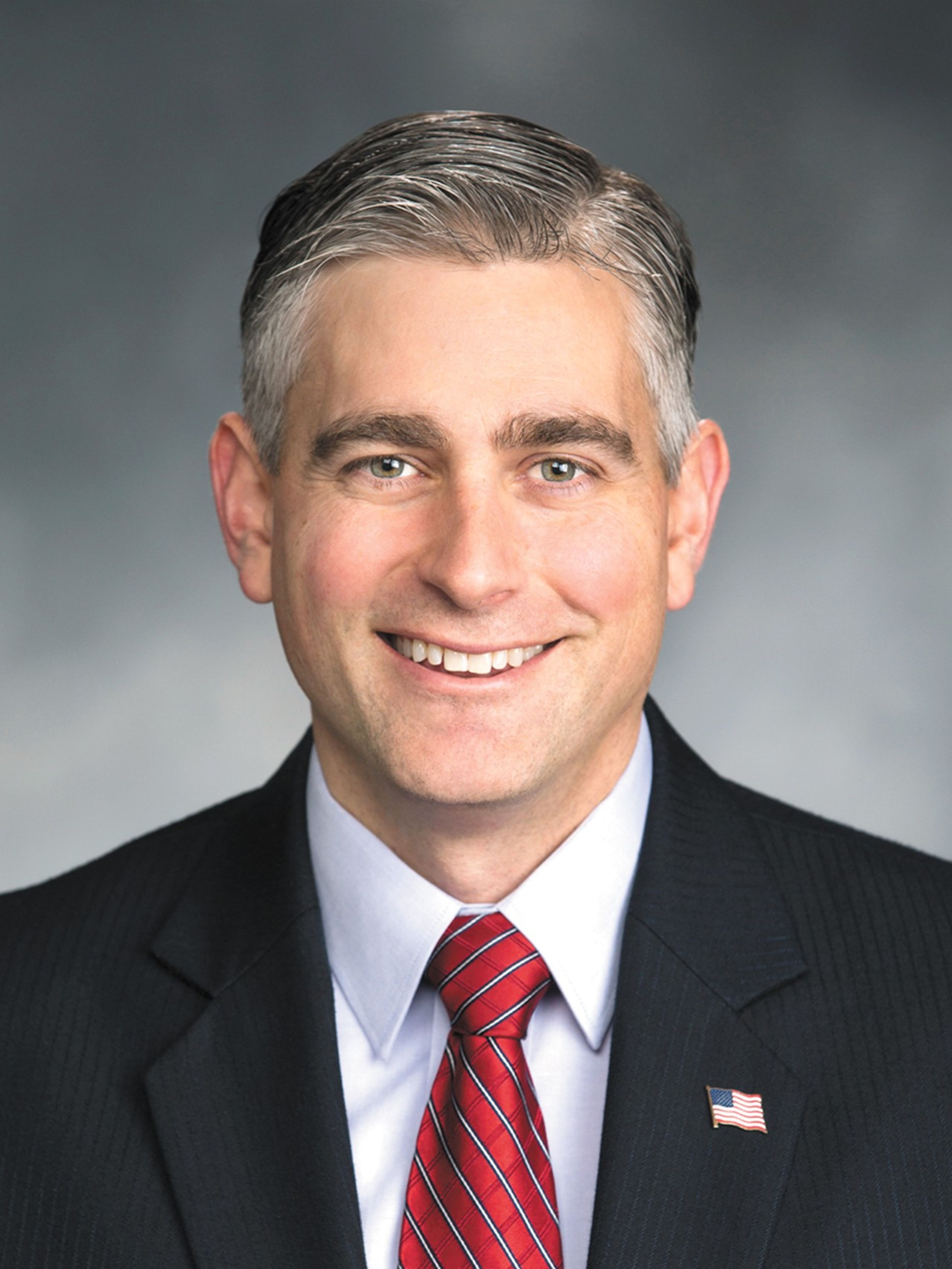Leo Bustad, former WSU dean of veterinary medicine, dies at age 78
Leo K. Bustad, recipient of three degrees at Washington State University and dean of the WSU College of Veterinary Medicine for a decade, died Saturday of pneumonia at Pullman Memorial Hospital. He was 78.
An outstanding educator, scientist and humanitarian, Bustad was a senior member of the Institute of Medicine of the National Academy of Sciences.
He was born in Stanwood, Wash., Jan. 10, 1920. He earned a bachelor's degree in agriculture (1941), a master's degree in animal nutrition (1948) and a doctor of veterinary medicine (1949), all from Washington State College, now university. He received a doctorate in physiology in 1960 from the University of Washington School of Medicine, where earlier he completed a postdoctoral fellowship from the National Science Foundation.
As dean from 1973-83, Bustad provided leadership for WSU's College of Veterinary Medicine's successful quest for academic excellence. He is credited with building the veterinary program from one on provisional accreditation status to one of the most respected in the country.
During his tenure as dean, more than $35 million in state and federal construction funds were allocated to the Washington-Oregon-Idaho Regional Program in Veterinary Medical Education -- the nation's first regional veterinary medical curriculum. In 1985, the $11.3 million Veterinary Science Building was dedicated in his honor. Also in 1985, Bustad received the WSU Regents Distinguished Alumnus Award -- the 20th alumnus to be recognized with the university's highest honor.
"Leo was a very perceptive and sensitive individual," said John Gorham, a longtime faculty colleague in veterinary medicine. "He was one of the first to recognize the importance of the human-animal bond."
Gorham noted that Bustad "loved pigs, not for their pork, but for their personalities. He felt they were misunderstood."
In retirement, he devoted much of his time to the Delta Society, serving as president of the national organization which promotes the concept of human and animal bonds and the value of pets in the treatment of institutionalized patients and the elderly. He was author of two books: "Animals, Aging and the Aged," and "Compassion: Our Last Great Hope," which is in its second printing. He co-authored "Learning and Living Together: Building the Human-Animal Bond." He also was author or co-author of more than 200 professional articles.
In his book on compassion, Bustad wrote: "Unfortunately, our educational system is programmed to vaccinate us against empathy, against compassion, against working for the common good. The survival values that our society encourages the most are individualistic. We are trained to be cerebral, thick-skinned and obsessed with ourselves."
After he retired, Bustad retained the title of professor emeritus of veterinary physiology, a position that enabled him to maintain a half-time appointment in the veterinary school. He maintained an office on campus and often commuted by bicycle between his home near the edge of campus and his office. As dean, he said he averaged 90-hour work weeks.
He served as consultant to the Surgeon General of the U.S. Air Force, was a member of the National Academies of Practice, and director of the People-Pet Partnership Program at WSU.
In 1981, he was named Outstanding Veterinarian of the Year by the Washington State Veterinary Medical Association. He received the WVMA's Distinguished Service Award in 1984.
Following World War II, Bustad performed and directed biological research at Hanford Laboratories in the Tri-Cities from 1949-65. Before returning to WSU as dean of Veterinary Medicine, he spent eight years at the University of California, Davis, where he became director of the radiobiology laboratory and comparative oncology laboratory.
On the same day he received his first degree from WSU, Bustad was commissioned as a second lieutenant in the Army. He married Signe Byrd, a classmate, June 13, 1942, at the Fort Benning, Ga., chapel. Bustad saw combat duty in Italy and Germany during World War II and spent 15 months as a prisoner of war in a German prison camp in the Polish corridor. He didn't see his wife for 32 months and returned to the states June 13, 1945, in time to call her on their third wedding anniversary.
Bustad was the keynote speaker when the WSU Veterans' Memorial was dedicated on Veterans Day in 1993. "It is with shame that we must confess that for millions of Americans, freedom means simply the opportunity to do what they jolly well please," he said. "That sort of freedom is not worth one life at Casablanca, Sicily, Salerno, Anzio, Normandy, southern France, in Korea, Vietnam, Panama, the Persian Gulf or any other field of battle ..."
Bustad is survived by a son, Dr. Leo K. "Buzz" Bustad Jr., a cardiologist in Anchorage, Alaska; a daughter, Rebecca Lee Henson, a school teacher in Tacoma; and a grandson, Christian Henson.
He was preceded in death by his wife, Signe Byrd Bustad on March 16, and a daughter, Karen Ann Bustad, who died in 1983 in Cameroon, West Africa, where she was teaching English at a mission school.
A funeral service is set for 10 a.m. Tuesday at Trinity Lutheran Church in Pullman.
Contributions may be made to the WSU College of Veterinary Medicine Leo K. Bustad Endowment Fund, in care of the WSU Foundation, Pullman, Wash., 99164-1042, or to Trinity Lutheran Church, Pullman, Wash., 99163.






